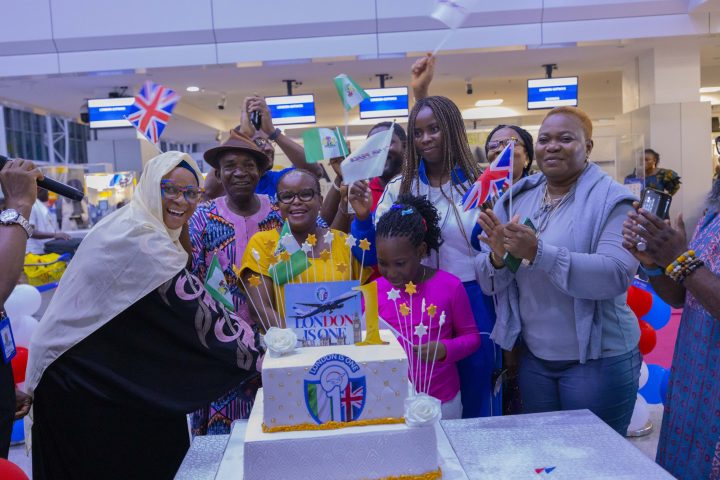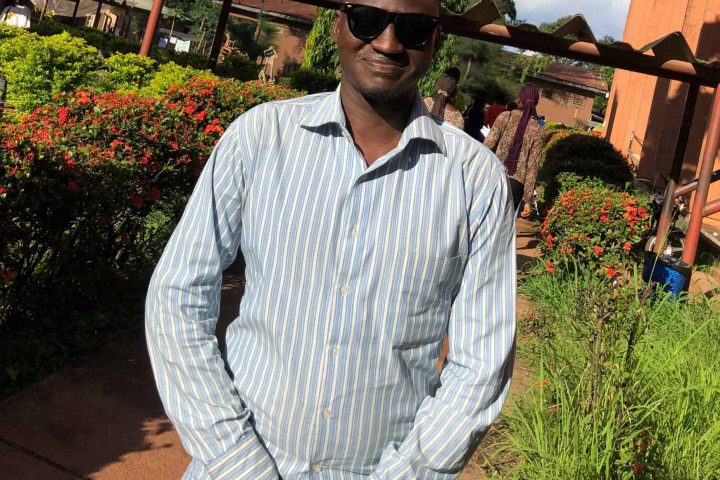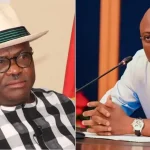As India’s Prime Minister, Narendra Modi, is set to visit Nigeria, the Federal Government has been advised to sign only mutually beneficial bilateral agreements with the Asian nation.
India’s Prime Minister is set to arrive in Abuja, Nigeria’s political capital on Saturday, according to a statement by Bayo Onanuga, Special Adviser, to President Bola Tinubu on Information and Strategy.
Join our WhatsApp ChannelModi’s state visit to Nigeria comes 17 years after former PM, Dr Manmohan Singh, visited Abuja in 2007 when both countries elevated the status of their relationship to a “strategic partnership.”
According to Onanuga, President Tinubu and Prime Minister Modi “will seek to strengthen Nigeria’s and India’s ties further during their bilateral discussions.
“Both leaders will exchange signed Memoranda of Understanding (MOUs) to enhance collaboration in critical sectors.”
Commenting on the state visit to Nigeria, Chairman of the Guild of Public Affairs Analysts, Enugu State chapter, Dr Ambrose Igboke, stated that Nigeria had in the past signed several bilateral relations that only favoured other countries and cautioned against repeating such this time.
He advised that Nigeria should stick to what would benefit both countries.
READ ALSO: 150 Indian Firms Invest $27bn In Nigeria – High Commissioner
“Nigeria should be careful because most of the bilateral relations Nigeria signed in the past have always favoured the other country and not Nigeria. So, this time, it should be mutually beneficial for both countries so that we can grow while India is also trying to support us,” Dr Igboke, who was a guest on First Post Africa TV stated.
Speaking about the upcoming visit of Modi to Nigeria, Dammu Ravi, Secretary of Economic Relations, at India’s Foreign Ministry, said the two countries have enjoyed strong cordial diplomatic relations for a very long time, underpinned by shared values of democracy, respect for pluralism, rule of law and diversity.
“Both India and Nigeria have enjoyed a strong cordial relationship since 1960, after gaining independence,” Ravi said.
Prime Business Africa understands that the two leaders will also sign five MoUs on areas including, culture, geological survey, digital public infrastructure, customs, and traditional medicine among others.
Nigeria-India Relations
Nigeria is the second-largest trading partner of India in Africa, with the bilateral trading between both countries said to be close to $15 billion. A significant part of this trading is coming from oil exports from Nigeria to India.
Indian companies also have a strong presence in the West African country. These companies numbering about 200, have reportedly invested a cumulative sum of $27 billion in Nigeria and are the second-largest employment provider in the country.
Aside from economic ties, the relationship also extends to defence, education, renewable energy, pharmaceutical, power and infrastructural development.
India assisted Nigeria in the establishment of the National Defence Academy (NDA) and the National War College. The two countries have also held a strategic counter-terrorism dialogue to identify areas of cooperation to tackle terrorism. Nigeria has also shown interest in procuring India’s light combat aircraft and helicopters to assist in the combat of terrorism and other internal security threats.
READ ALSO: UNESCO Appoints Nigerian Professor To Head Ghandi Institute In India
The state visit comes at a time when the Nigerian president is facing criticisms from the citizens for his economic policies that have exacerbated the cost of living crisis in the country.
Igboke urged the Nigerian authorities to dig deep and identify other ways of trading with India that would also be more beneficial apart from oil. “We have a lot to also trade with India, human resources will develop further,” he added.
The public affairs analyst suggested that Nigeria can tap from India’s expertise in medicine to improve the country’s healthcare system and reduce medical tourism.”
Victor Ezeja is a passionate journalist with six years of experience writing on economy, politics and energy. He holds a Masters degree in Mass Communication.



















Follow Us